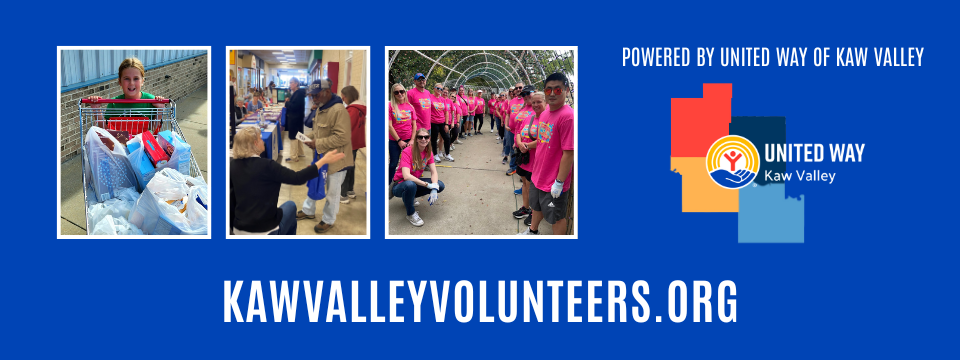Summary of Qualifications
Health Support Volunteers (HSV) (medical note-taker) should have an interest in serving older adults in a medical setting. HSVs should be willing to provide exceptional customer service, including employing the use of active listening skills, diplomacy, tact, and patience.
Note-taking requires organizational skills, attention to detail, familiarity and some understanding of the medical appointment environment. Volunteer medical note-takers should have normal hearing and eyesight, and should be able to walk unattended.
The Role of a Note-taker
Note-takers are recorders of the communication transactions that occur between the medical provider and the member.
In their role, note-takers accompany members to various appointments and act as another pair of ears. Note-takers meet with the member prior to accompanying them to an appointment, and help to prepare them for the medical visit. The preparation is called a pre-visit conversation and helps to empower the member to act on their own behalf while in the medical appointment. The note-taker responsibility focuses on the communication transactions between the medical practitioner and the member.
Medical note-takers record what they hear. Note-takers use their listening skills and ask for clarification when appropriate. The challenge for note-takers is to stay in the listening and recording role and not crossover to the role of a medical advocate.
Health Support Volunteers are NOT medical advocates. Medical advocates play a more time-consuming, comprehensive role with the member and spend a great deal of time getting to know the member’s medical situation and needs. Advocates research and gather information and help the member to make the best decision possible. As a result of gathering information, advocates advise the member and act on their behalf with doctors, hospitals, insurance companies, medical supply vendors, etc. The advocacy role may include going to medical appointments and recording notes, similar to the role of the note-taker, however, the advocate’s role and relationship is a deeper one and is often used when the member needs an intervention to support their interests.


